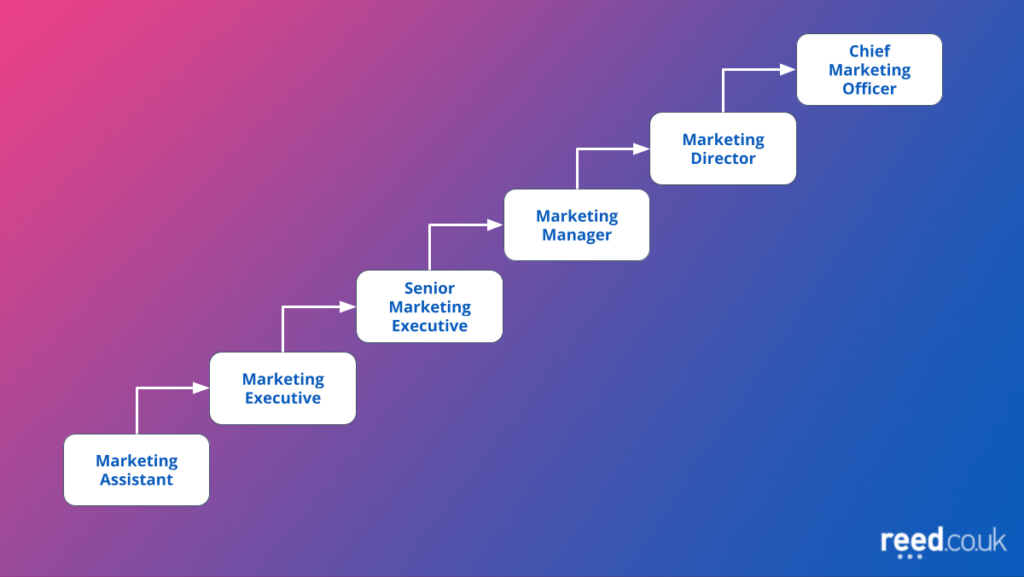Work changed exponentially over the pandemic. But, while it felt like the world stopped, it didn’t – technology and supply and demand carried on and continued to evolve.
And, what also didn’t stop – and has now accelerated beyond anything we ever imagined – is the need for new skills and more highly skilled people. Consequently, businesses need to help their employees progress, both professionally and personally, and this will, in turn, also enable the company as a whole to progress.
A comprehensive report from research the CIPD conducted in 2020 found that most organisations are focussing on the here and now of their people progression, particularly in:
- Improving line managers’ people management capabilities (22%)
- Improving staff retention (20%)
- Improving employee motivation/behaviour (20%)
And employees want progression too. In 2021 a report by market and consumer data provider Statisa found that 51% of millennial employees would like to learn new skills to perform a new work function. This echoes the sentiment of a survey from Reed.co.uk* which found that two-thirds (66%) of jobseekers spent time in 2020 learning new skills, with the main ambition being to improve their career prospects.
So, as businesses of all sizes look to thrive and present an attractive Employee Value Proposition (EVP), what can they offer employees by way of support and development – not only now, but in the future too?
Career development frameworks – what are they and why use them?
A good prospective or current employee will want to learn and grow in their career – few would want to remain stagnant. On the contrary, learning is an essential part of progression, whether in soft or practical skills. The upskilling of current staff should be a fundamental part of your organisational plan to aid this.
Having a career development or progression framework in place for your employees enables you to offer formal learning and upskilling and open doors to opportunities. Opportunities from which your business will benefit as a result.
A clear and valuable career development framework will:
- Retain good employees
- Reduce external hire costs
- Attract the right people
- Cultivate a positive EVP
- Increase engagement and commitment among your employees
Organisations of any size can develop a fairly broad career development framework relating to the roles they have within the business. That said, managers should tailor it to the individual’s goals and aspirations within their role with granular, collaborative, day-to-day work between each stage to help them level up. An example of this is:

Along with support from HR or Learning & Development teams, take the time to guide your employees through each stage of the career development framework. Do this by providing access to resources, documenting progression plans to track progress (adapting them when necessary), and providing adequate touchpoints and opportunities for feedback.
Empower your employees
The best people in your business are those that want to develop and grow with you. Providing the resources, time, and brain space to help them do this doesn’t equate to doing it all for them. That is counterproductive.
If achieving the next rung on the ladder requires external training or to learn a new skill, then employees must seek out these opportunities and work out for themselves what the best avenue to explore is, with guidance from you.
Avoid a scenario where you may actually be doing more harm than good all-around by trying to mould someone who isn’t happy in their role or perhaps just wants to take a different direction. Instead, by taking on their own research and responsibility, employees can expand on the skill sets they’re interested in that mutually benefit the business.
Make career development and growth in your business a collaborative experience. In doing so, you will empower your employees to think more creatively, look inward at their personal development and understand what it takes to make it to the next level.
Use technology to support career and personal development
Many businesses use learning management systems to create learning journeys that track career goals. This kind of software gives a clear view of where an employee is at in their career and the gaps in their progression. It is also a great tool to analyse the journey and look back on how an employee has grown from x to y. Businesses can use this information to help formulate other frameworks and make adjustments and improvements as they go along.
Where possible, in-house learning and development programmes provide a quick and easy route to upskilling, requiring little physical time out of the workplace and can be applied as learn-on-the-job activities too.
For lower-level roles, you may want to include skills tests for IT and business administration, for example, and progress through higher levels of aptitude tests. If you manage remote teams, provide opportunities and means for virtual courses, coaching and mentorship.
Ultimately, investing in your employees’ progression is mutually beneficial. You instil motivation and dedication to the success of your business in your employees and gain valuable staff and a verifiable reputation as an employer of choice.
Explore Reed Courses to learn more about the range of professional education and qualifications available for your employees.
*This online survey was conducted by Reed.co.uk in December 2020 and consisted of 1,500 registered jobseekers.







